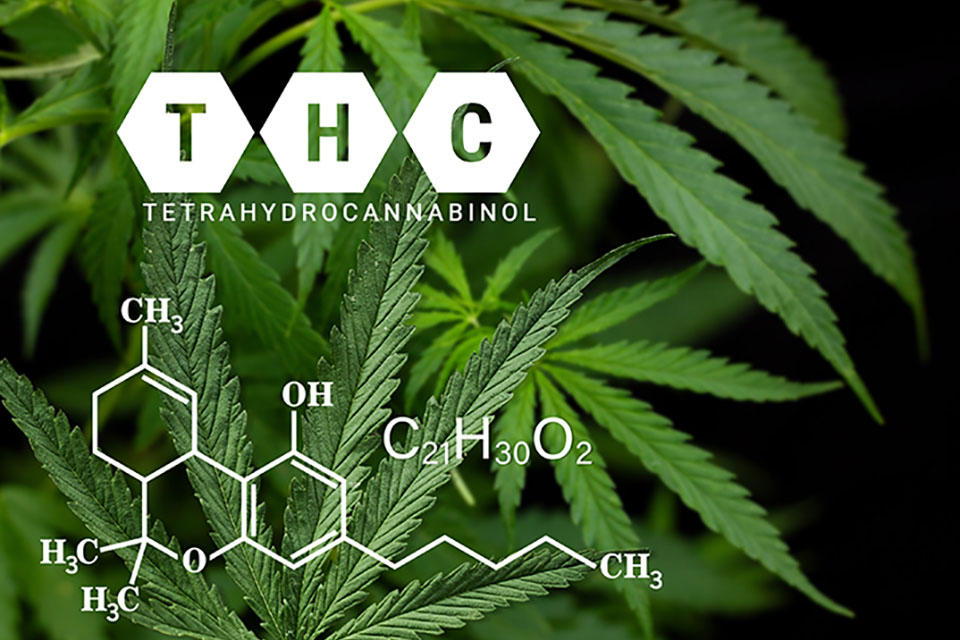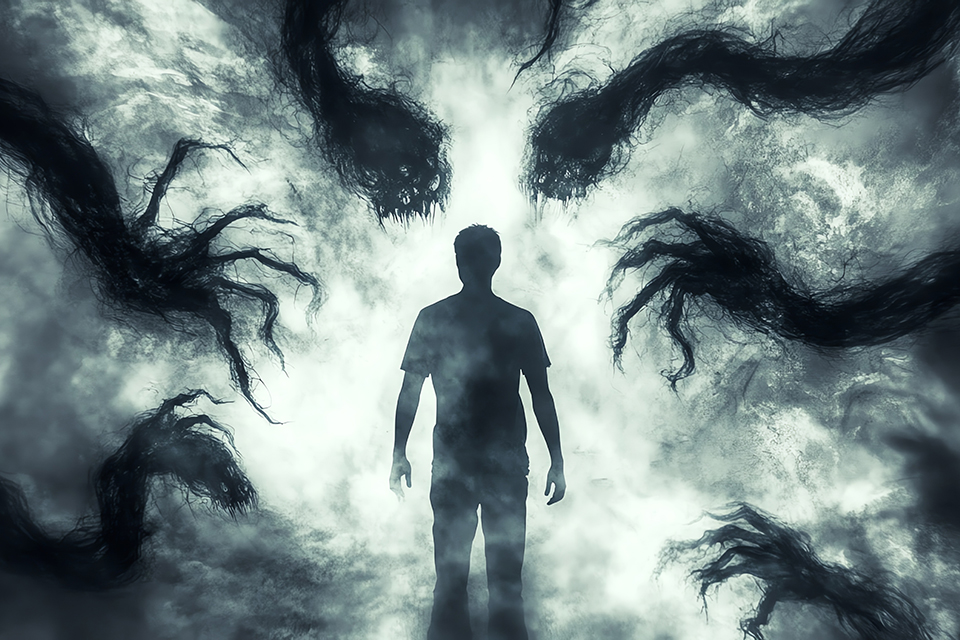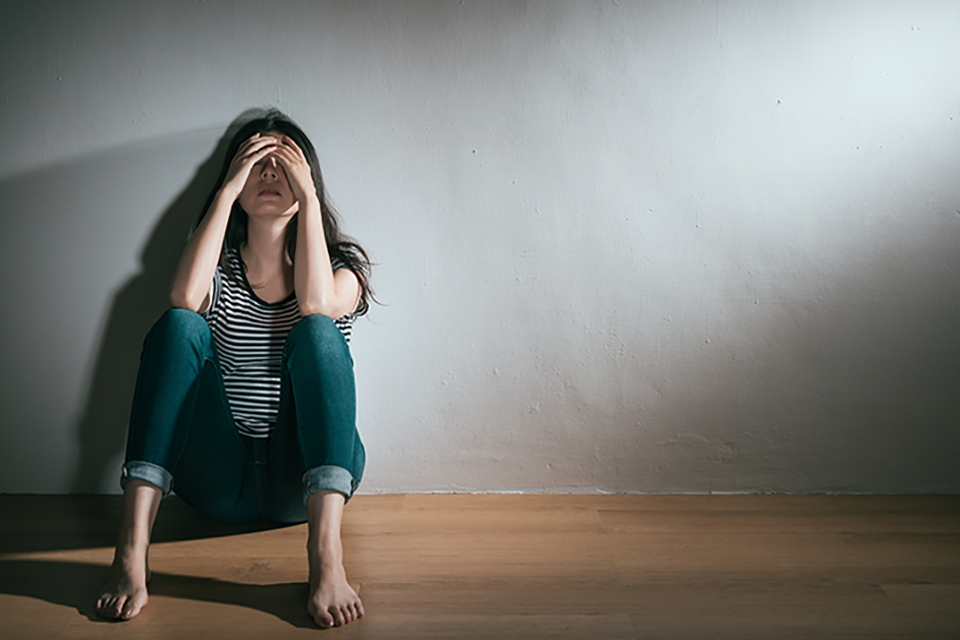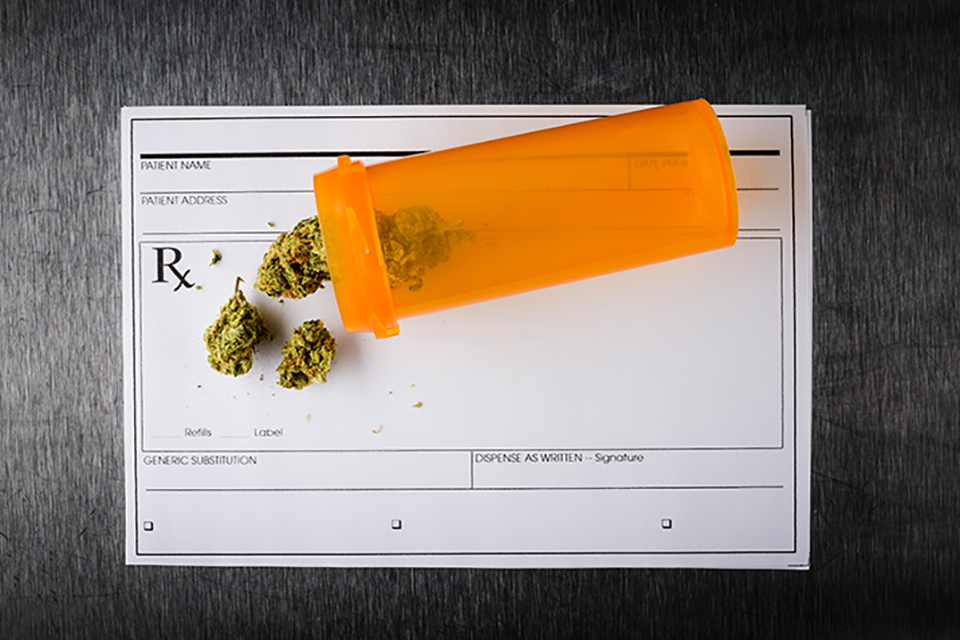
There is a growing interest in understanding the potential effects of cannabis on mental health. Kind Seed Co. shares the relationship between cannabis and depression. Read about the benefits, risks, and considerations for home growers in the USA.
Overview of Cannabinoids and Their Potential Therapeutic Effects
Cannabis contains compounds known as cannabinoids. Two of the most notable cannabinoids are delta-9-tetrahydrocannabinol (THC) and cannabidiol (CBD). THC is the compound responsible for the psychoactive effects, or the “high”, associated with cannabis use. On the other hand, CBD has gained a lot of attention for its medicinal properties without psychoactive effects.
Research suggests that cannabinoids like CBD and THC can impact the endocannabinoid system present in our bodies. This system plays a vital role in maintaining the balance of several bodily functions, such as mood regulation, offering potential therapeutic benefits for conditions like depression.
Scientific Evidence Supporting the Use of Cannabis to Manage Depression Symptoms
Several scientific studies provide evidence of cannabis potentially helping to manage depression symptoms. One study concluded that low doses of cannabis could reduce symptoms of depression in the short term.
A published review suggested that cannabis might help alleviate symptoms of depression linked to chronic stress. However, the review also noted the complexity of cannabis’s effects on depression, stressing the need for more research.
As scientists conduct more research, it becomes evident that the potential of cannabis in managing depression symptoms could be significant. While the early results are promising, they are part of a larger ongoing conversation without definitive proof. Cannabis may not be suitable for everyone and could even exacerbate symptoms in certain cases. We must weigh the benefits against the possible risks.
Risks and Considerations
Some potential drawbacks and risks might accompany the use of cannabis. Just as no two individuals are identical, the reactions to cannabis can vary from person to person, even among those battling similar mental health challenges.
Potential Drawbacks and Risks of Using Cannabis for Depression
Some research has shown that while low doses of THC can have antidepressant effects, higher doses may worsen depression symptoms. This paradoxical effect is due to the complex interplay of cannabinoids with our body’s endocannabinoid system. An excessive intake of cannabis can also lead to dependency issues, heightened anxiety, and negative cognitive impacts.
Additionally, the quality of cannabis used can also play a role in its effects. Unregulated or street-bought cannabis may contain contaminants like pesticides, molds, or other harmful substances, which can exacerbate depression symptoms.
Factors to Consider When Using Cannabis as a Potential Treatment for Depression
Before considering cannabis as a course of treatment for depression, it’s necessary to weigh several factors. You should take into account the nature and severity of your depression, your previous experiences with cannabis, the composition and origin of the cannabis strain you’re considering, and your susceptibility to the drug’s potential side effects.
Remember, while cannabis may alleviate depressive symptoms for some, it may not work the same way for everyone. Always consult with a healthcare professional before incorporating cannabis into your treatment program, especially if you’re currently taking other medications for depression.
Best Practices for Home Growers
The cultivation of cannabis for personal use can be a viable option for those considering the plant for managing depression symptoms, given its legal status in certain states.
Tips for Cultivating Cannabis Strains with Potential Benefits for Depression
When cultivating cannabis at home, the choice of strain can significantly impact the benefits you experience. Strains rich in CBD are often good for those battling depression, given its non-psychoactive and potentially therapeutic effects.
Consider strains with a balanced THC-to-CBD ratio. These strains could potentially offer the best of both worlds, including the euphoric effects of THC and the calming, anxiety-relieving effects of CBD. Strains to consider include Cannatonic, which is known for a balanced THC-to-CBD ratio.
To produce high-quality cannabis, ensure optimal growing conditions for your plants, including proper lighting, temperature, and nutrient levels.
Responsible Usage Guidelines for Home Growers Considering Cannabis for Depression
As a home grower, it is your responsibility to use cannabis mindfully, with a focus on its potential therapeutic qualities rather than purely recreational ones. Start with small doses, especially if you are new to cannabis use, and monitor your reactions closely.
Avoid overconsumption and maintain a consistent dosage once you find what works best. Keep in mind that everyone reacts differently to cannabis, and the “less is more” approach is often best when using it for therapeutic purposes to avoid potential negative side effects.
Legal and Medical Considerations for Informed Cannabis Use
The legal status of cannabis varies significantly across the United States, with it being fully legal in certain states while others permit only its medicinal use. Regardless, it is important to consider legal implications before deciding to cultivate or consume cannabis.
The potential effects of cannabis on depression are an important aspect to consider in the ongoing discussion about its health and therapeutic benefits. Ultimately, informed decision-making and responsible usage are key to safely exploring the potential benefits of cannabis for depression.



